Anthony Benezet was possibly the most instrumental person in convincing Philadelphia Yearly Meeting to ban slavery. Born in 1713, he came from a French Huguenot family, who moved to England around 1715 and then to Philadelphia in 1731. (Jackson, 2009). Having experienced persecution himself, he empathized with the treatment of slaves and free African Americans in Philadelphia. He married Quaker Joyce Marriott Benezet in 1736 at Philadelphia Friends Meeting. They had two children who died in infancy. He began teaching at a Quaker school in Philadelphia in the late 1930s and ran the William Penn Charter School from 1742-1754. Anthony and Joyce became vegetarians because they did not want to eat anything that might be associated with slave labor. (Jackson, 2009).
In 1750, this member of the Monthly Meeting of Friends of Philadelphia began tutoring black children in his home, practicing his belief that education was the mechanism to complete integration of the races (Bordewich, 2005). Prominent African Americans such as James Forten, Richard Allen and Absalom Jones were all educated at Anthony Benezet’s school. When it became clear that his students were capable of the same achievement as whites, Benezet undermined popular assumptions about black intellectual inferiority and helped convert Benjamin Franklin, Benjamin Rush and others to abolitionism. He operated the school in his home for twenty years, until Philadelphia Friends established a school for the free education of African American children (School for Black People (African Free School)) in 1770. Benezets school, which later became the Raspberry Street Schools, lasted for over a hundred years. (Lacey, 1999). Benezet returned to teach at the school in 1781 and ran it until his death in 1784. (Jackson, 2009). He left his estate, after the death of his wife, to be used for the education of African American children.
Read More: MMFP – Quakers and Slavery, A History Tour of Old City Philadelphia





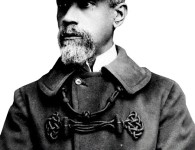
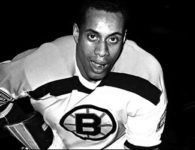
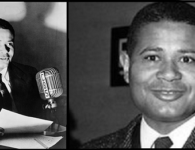
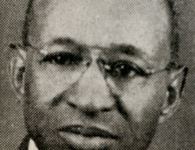


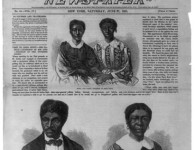
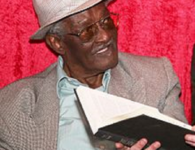



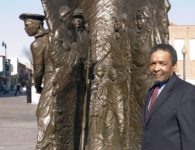
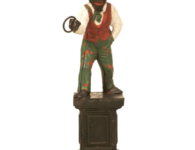

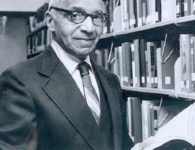

2 Comments
The article reads, “He began teaching at a Quaker school in Philadelphia in the late 1930s…” Is this supposed to be “He began teaching at a Quaker school in Philadelphia in the late 1730s and ran the William Penn Charter School from 1742-1754”?
Anthony Benezet’s early attempts at a career in trade were unsuccessful and, in 1739, he started as schoolteacher at Germantown.
http://www.brycchancarey.com/abolition/benezet.htm